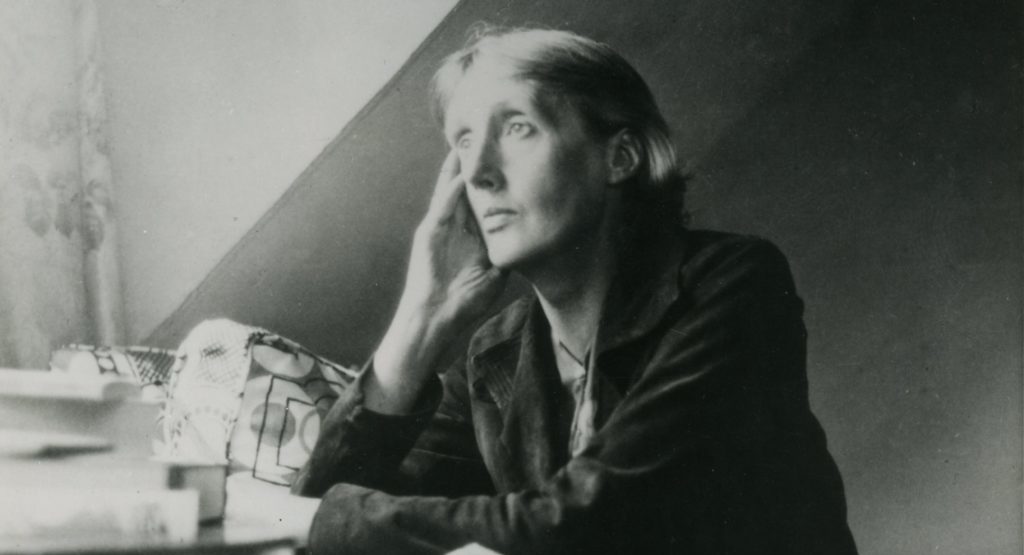Let’s indulge a simplistic binary. For its entire history literature has been a duel between two opposing mentalities.
One mentality says that literature exists to improve readers. It must imprint beliefs on soft minds. It is hostile to wit, mockery, and ridicule. Novels, plays, and poems should engineer the souls of readers.
The opposite mentality shrugs, and slouches, and is late to important appointments. It says that literature exists for nothing other than itself. It is hostile to duty, work, and taboos. The reader can take or leave whatever it wants from a novel, play, or poem.
It’s almost redundant to point out which mentality is dominant today; commissioning essay collections and novels, employing sensitivity readers, staffing arts institutions — the dull but worthy one.
I was thinking about that opposition because the ugly bust in Bloomsbury of Virginia Woolf has been added to a “racism list” by Camden Council. One mentality meets another, once again.
The council would like to make its monuments more inclusive. Unfortunately — for them, or for poor Virginia it’s hard to tell — Woolf was never and never will be inclusive. Was she a racist? In the sense that almost every prominent writer of her generation either made racist remarks, or wrote racist things, I suppose she was. Knowing this does not make me feel good about our ancestors, nor does it make me want to chuck them on the bonfire either.
Woolf’s major sin was snobbishness, which is one of England’s greatest sins too. She had the feeling that culture was the prerogative of the upper-middle, and upper, classes. The only time she tried to enter the mind of a member of the working classes — a two-page section of The Years (1936) — the result was a failure.
She had no idea how to include anyone in anything who wasn’t an aristocrat, or a connoisseur of French art, or educated at certain Cambridge colleges. “No one in a novel by Virginia Woolf” wrote J.G. Ballard once, “ever filled up the petrol tank of a car.” And her feminism crashed on the rocks of class too; her strange polemic Three Guineas (1938) is dedicated to the daughters of educated men.
Woolf knew the first mentality very well. It was that of her father’s dutiful late Victorian generation, and that of the communist-leaning inter-war generation that emerged in the Thirties. She chided them all. She attacked the bumptious tone and self-congratulatory optimism of the Victorians whenever she could. Affectionate, devastating irony was her weapon — see her meticulous portrait of her father in To The Lighthouse (1927). In the young, perpetually outraged socialist writers — Auden, Spender, Cecil Lewis, MacNeice — she laments the “pedagogic, the didactic, the loudspeaker strain that dominates their poetry.” She objected to the way the writing of the generation after hers was conscripted to serve their political views.
Like her friends in the Bloomsbury Group, she was the second mentality embodied. Human nature she couldn’t bear, “unless candied over with art” she wrote in her diaries. “I am not a moralist”, says a Virginia-ish voice in The Waves (1931). “I have too great a sense of the shortness of life and its temptations to rule red lines.”
We are living through one of those rule red lines eras. It will end, just as high-minded Victorianism (mentality one), Bloomsbury aestheticism (mentality two), and inter-war socialist utopianism ended (mentality one again). The duel goes on forever; nobody ever wins.
We will see witty aesthetes return. And then mentality one will storm back and harangue other inanimate metal blobs for not being inclusive enough. In the meantime, Woolf has some good advice, from Jacob’s Room (1922): “Detest your own age. Build a better one.”










Join the discussion
Join like minded readers that support our journalism by becoming a paid subscriber
To join the discussion in the comments, become a paid subscriber.
Join like minded readers that support our journalism, read unlimited articles and enjoy other subscriber-only benefits.
Subscribe